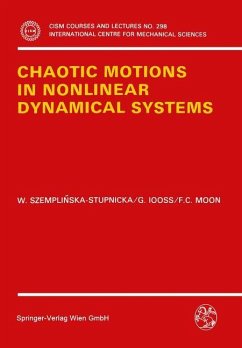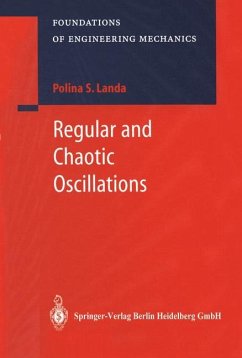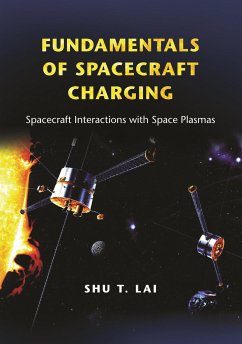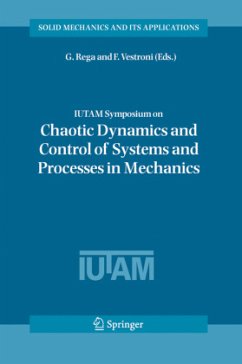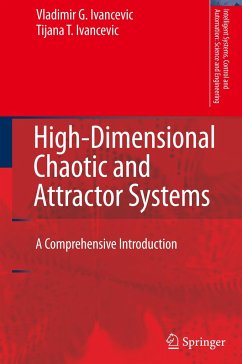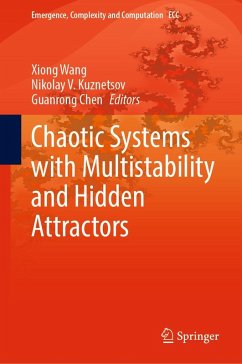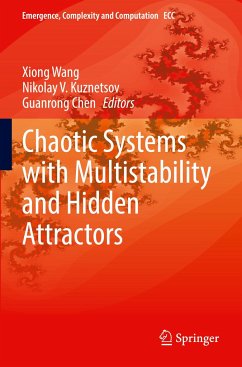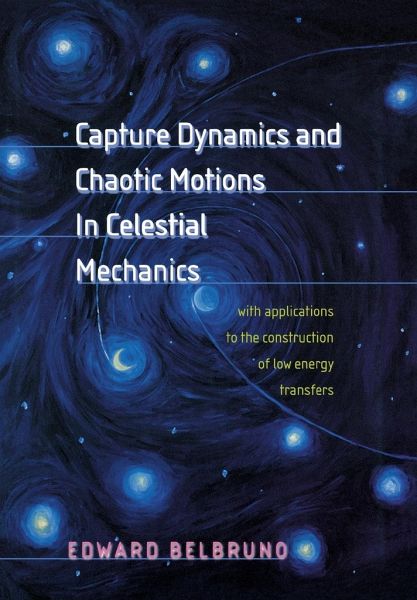
Capture Dynamics and Chaotic Motions in Celestial Mechanics
With Applications to the Construction of Low Energy Transfers

PAYBACK Punkte
56 °P sammeln!
This book describes a revolutionary new approach to determining low energy routes for spacecraft and comets by exploiting regions in space where motion is very sensitive (or chaotic). It also represents an ideal introductory text to celestial mechanics, dynamical systems, and dynamical astronomy. Bringing together wide-ranging research by others with his own original work, much of it new or previously unpublished, Edward Belbruno argues that regions supporting chaotic motions, termed weak stability boundaries, can be estimated. Although controversial until quite recently, this method was in fa...
This book describes a revolutionary new approach to determining low energy routes for spacecraft and comets by exploiting regions in space where motion is very sensitive (or chaotic). It also represents an ideal introductory text to celestial mechanics, dynamical systems, and dynamical astronomy. Bringing together wide-ranging research by others with his own original work, much of it new or previously unpublished, Edward Belbruno argues that regions supporting chaotic motions, termed weak stability boundaries, can be estimated. Although controversial until quite recently, this method was in fact first applied in 1991, when Belbruno used a new route developed from this theory to get a stray Japanese satellite back on course to the moon. This application provided a major verification of his theory, representing the first application of chaos to space travel. Since that time, the theory has been used in other space missions, and NASA is implementing new applications under Belbruno's direction. The use of invariant manifolds to find low energy orbits is another method here addressed. Recent work on estimating weak stability boundaries and related regions has also given mathematical insight into chaotic motion in the three-body problem. Belbruno further considers different capture and escape mechanisms, and resonance transitions. Providing a rigorous theoretical framework that incorporates both recent developments such as Aubrey-Mather theory and established fundamentals like Kolmogorov-Arnold-Moser theory, this book represents an indispensable resource for graduate students and researchers in the disciplines concerned as well as practitioners in fields such as aerospace engineering.




